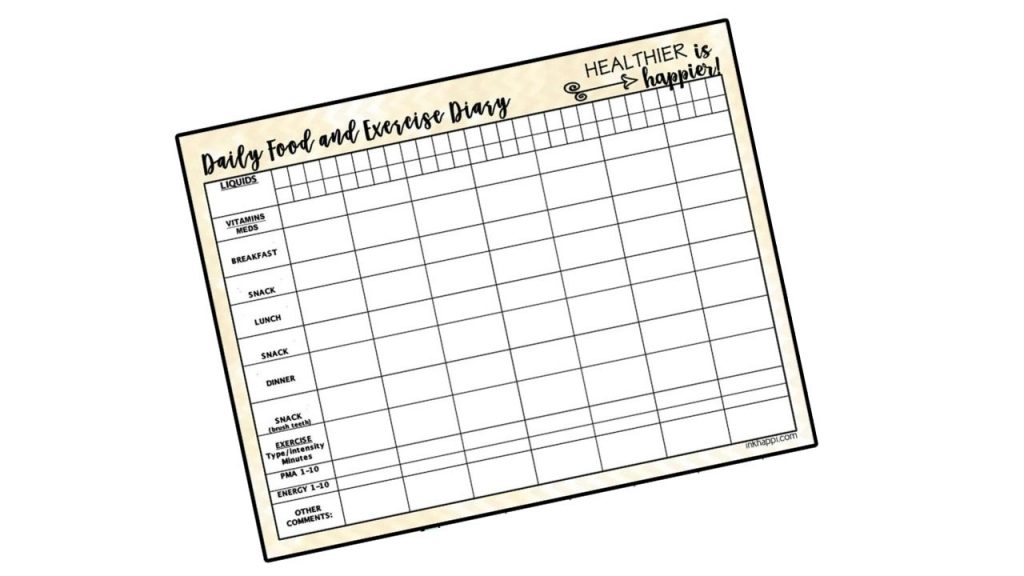2. Not having a diet plan in place

Not having a plan in place is a common mistake that people make when starting a new diet. A plan helps to give direction and structure to your efforts and increases the chances of success. Without a plan, it can be difficult to stay organized and on track with your diet.
There are several key components to a successful diet. First, it’s important to determine your specific goals and the steps you need to take to achieve them. This might include tracking your food intake, plan your meals and snacks, and scheduling time for physical activity.
Next, it’s important to consider your lifestyle and schedule and determine how you can best fit your diet into your daily routine. This might involve meal plan and prep, finding ways to fit in physical activity, and setting aside time for self-care.
It’s also important to have a system in place for tracking your progress and adjusting your plan as needed. This might involve keeping a food or meal and exercise diary, using a tracking app, or working with a healthcare professional or coach.
Having a plan in place also means being prepared for challenges and setbacks. This might involve having a list of healthy, convenient snack meal or options on hand for busy days, or having a backup plan for days when you are unable to stick to your usual routine.
In summary, not having a plan in place is a mistake that people often make when starting a new diet. A plan helps to give direction and structure to your efforts and increases the chances of success. Be sure to determine your specific goals, consider your lifestyle and schedule, track your progress, and be prepared for challenges and setbacks to stay organized and on track with your diet.